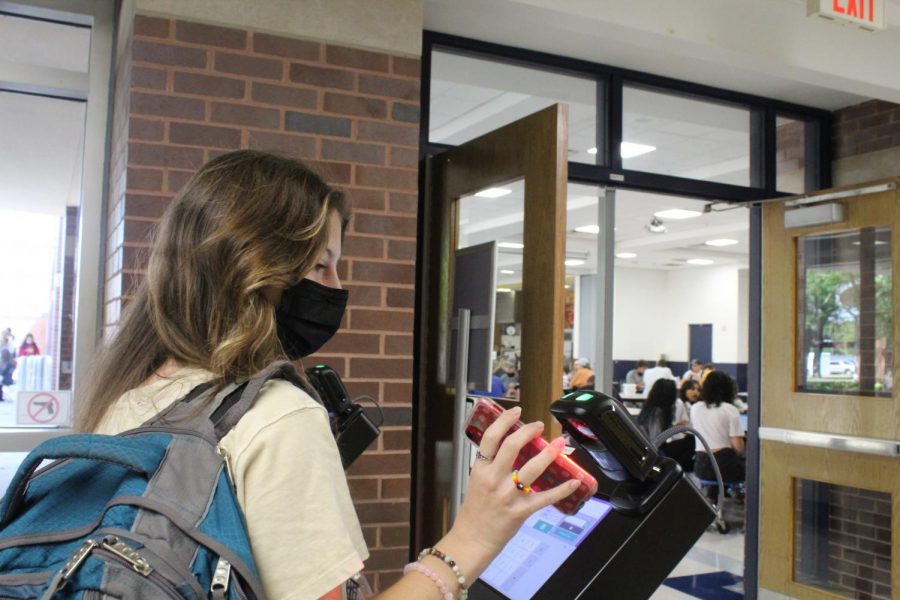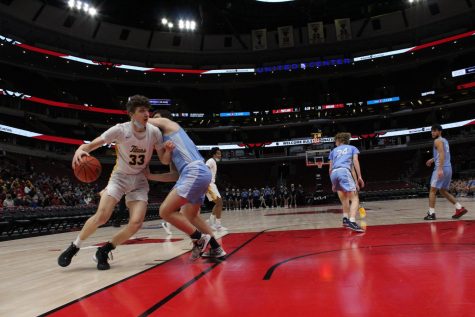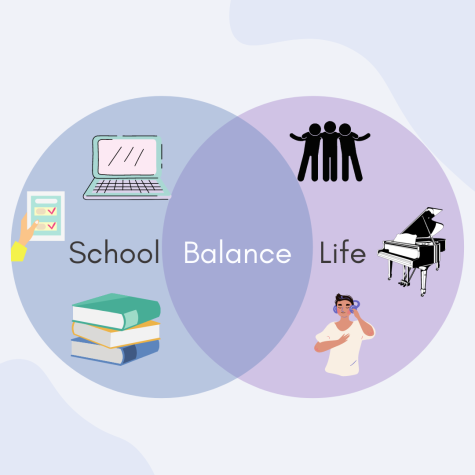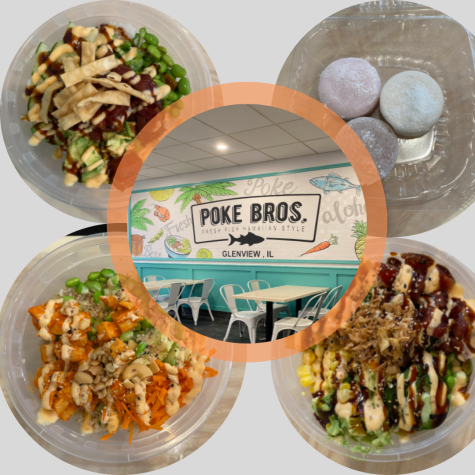Do the check in kiosks have a purpose?
Scanning Success: Junior, Fiona Clements scans her phone to check in at the kiosk.
September 9, 2021
For many South students, SRT and lunch blocks are the best part of the day, eagerly anticipated as a time to see friends, grab a bite, and catch up on work. Unfortunately, some of the anticipation is being dampened with the introduction of the kiosk check-in system.
It appears that the kiosks may have a significant importance. Ron Bean, assistant principal, dean of students, explained that in an emergency, it is essential that South knows exactly who is in the building and who is not. Additionally, the small, portable screens are much more efficient than wasting an entire classroom for SRT check in. But primarily, Bean stresses that the kiosks are essential to student safety.
“We use them to try and get an accurate count of the number of students in the building,” Bean said. “It’s a safety issue.”
However, as sophomore Erica Werblow explains, long lines and crowded hallways caused by the kiosks have students regarding their free periods with dismay.
“I really do not like the kiosks because there are so many people and such long lines,” Werblow stated. “Some kids do not understand how to scan their ID, so they are standing in the line for five minutes, which forces everyone else to have to wait. Honestly, I would get rid of them.”
Paraprofessional Vicki Henderson has proposed a solution to the long lines during the check in process. Henderson suggests that students having their IDs out and ready will keep the line moving fluidly. Delays arise, Henderson said, when students wait until they reach the kiosks to start pulling out their IDs.
“Everyone knows what to do,” Henderson stated. “If people would have their IDs ready, that would be the key. Swipe, you’re done. Swipe, you’re done.”
While checking in at kiosks may not be a perfect process, Bean said kiosks are here to stay.
“[The kiosks] are not perfect,” Bean said. “But they are necessary and I do believe that we are getting better at using them. We will continue to use them in some form moving forward.”















